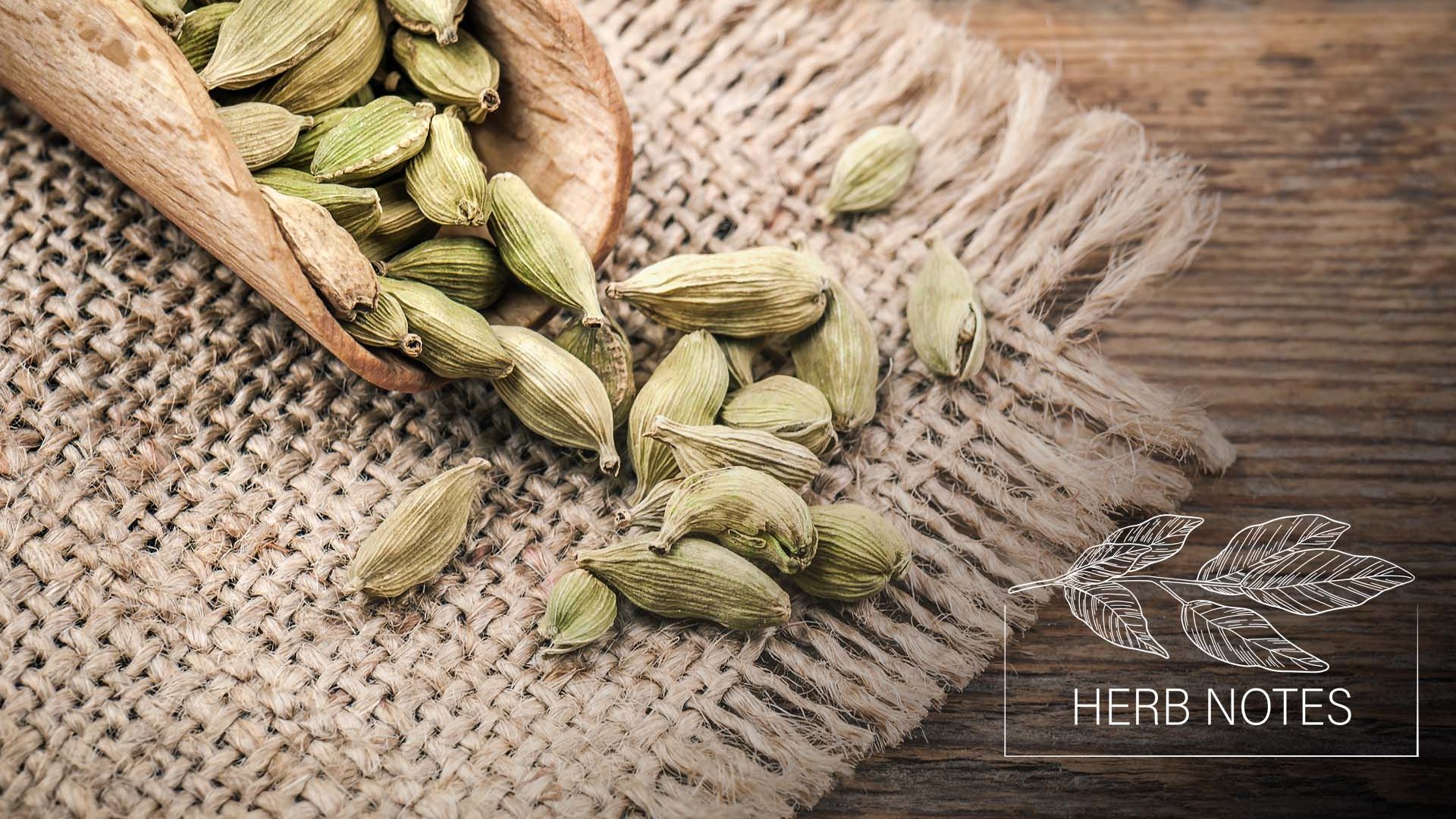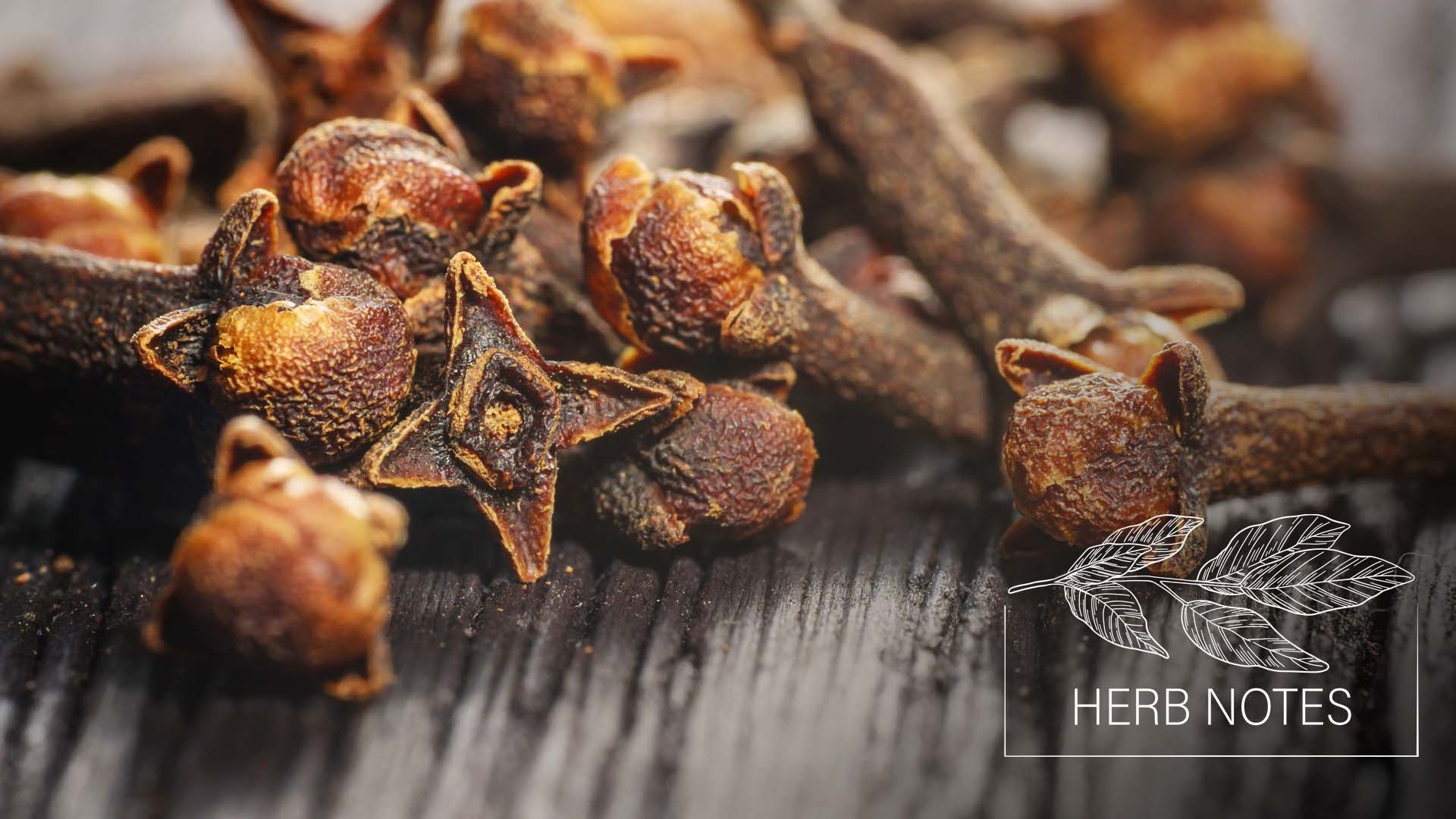
Herb Notes: The Benefits of Elderberry
Even if you’re not a total herb nerd, chances are you’ve probably heard of elderberry. Elderberry (Sambucus cerulea, S. nigra, S. canadensis) boasts many benefits and is most well-known as a gentle immune-supporting, antiviral herb. The benefits of elderberries go way beyond its immune-bolstering properties, though. What’s more, the flowers of elder also boast many healing gifts.
Want to learn more about the gifts of elder?
Let’s dive into three key health benefits of elder…
1. Elderberry for Immune Support
Traditional knowledge and modern research show that elderberry can both help prevent colds and flu and also shorten their duration. Many of these studies have been done with elderberry syrup, which is a simple preparation that also happens to taste delicious.
During cold and flu season, I like to take a daily shot of elderberry syrup to help bolster my immune system. If I’m in the mood for a less-sweet preparation, I like to make a decoction with the berries and sip on this throughout the day — you can also freeze this decoction using an ice cube tray, and then conveniently add these ice cubes to your water or tea on days when you don’t have the time to simmer a decoction.
2. Elderberry as an Anti-Inflammatory
In addition to supporting immune health, elderberry can also act as a systemic anti-inflammatory. The berries are a rich source of flavonoids and have traditionally been used to help address arthritic pain.1
A syrup or tea of elderberry is a great way to enjoy these benefits, or you can also easily make elderberry gummies
3. Elderflower for Skin Health
Just as elderberries are anti-inflammatory, elderflowers also have a particular affinity for addressing inflammation in the skin. Topical applications of elderflower in the forms of washes, creams, or lotions can help support minor rashes and sunburns. And elderflower tea makes for a wonderfully soothing daily face wash.
A few frequently asked questions about elderberry...
What can I make with elderberry?
There are so many wonderful things you can make with elderberry. Some of my favorite folk medicine recipes include an elderberry cough syrup blend, a simple elderberry syrup, elderberry gummies, elderberry sore throat spray, and an elderberry tea.
Once you have an elderberry syrup you can also experiment with adding this to other things. I often like to add a spoonful of elderberry syrup to a cocktail or mocktail, and it also tastes lovely swirled into a cup of tea.
What form of elderberry is most effective?
All of the recipes I’ve mentioned above are effective ways to intake elderberry. When working with elderberry, it’s important to prepare it properly as raw elderberries and undercooked elderberries can make some people nauseous. (This applies for all of the elder species mentioned above, including Sambucus cerulea, S. nigra, S. canadensis.)
It’s also important to note that while elderflowers and elderberries are gentle herbs, the bark, twigs, roots, and leaves of elder should not be ingested
Does elderberry help if you are already sick with the common cold?
Yes, if taken while sick with a cold, elderberry can help shorten the duration of the cold.










